Most times, paying off your mortgage loan as early as possible is the logical thing to do. However, finance experts have devised seven special scenarios in which that advice does not work.
In the scenarios to be considered, it is best for soon-to-be retirees not to pay off all of their mortgages before retirement.
Some Shortfalls of Paying Off Your Mortgage at a Go
These are quick methods of outwitting the system, but they have their fair share of downsides. For example, extending mortgage payments into retirement may cost more in the long run.
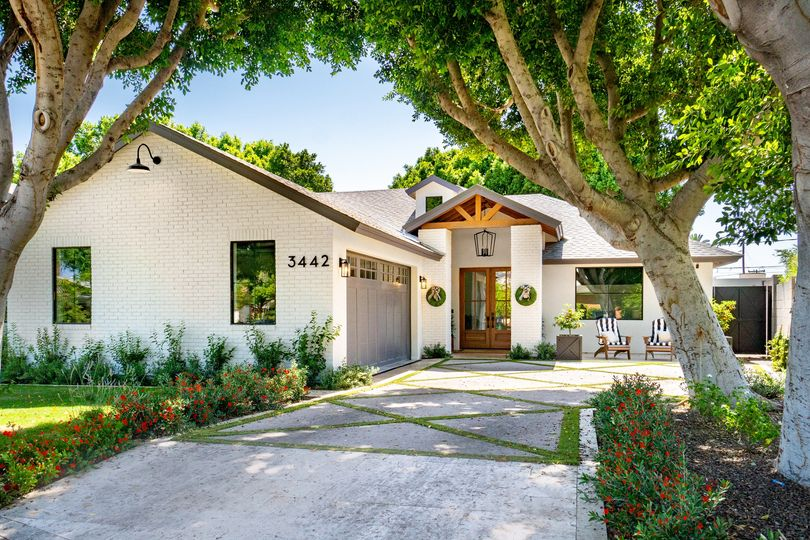
Likewise, you lose the privilege of being cash-strapped at retirement and having enough money to invest. Such retirees may also have to scrip to tackle emergencies.
Don’t Pay that Mortgage! Here’s Why
So, we have highlighted the few benefits of carrying over your mortgage into retirement.

The first reason is if you plan to eventually sell your home. It would be counterproductive to settle your mortgage if you intend to sell the property soon after. Naturally, when a house is sold, the seller often gets enough money from the deal to offset their remaining.
Use the Returns On a Home Sale
In addition to successfully ridding themselves of the mortgage loan, the retiree also gets to eat their cake and have it by leaving their loose cash, which would have gone into the mortgage payment, untouched.

If you’re wondering why a retired senior citizen would consider selling their home. Well, it happens that people tend to adopt a minimalist lifestyle after retirement.
Paying With Rent May Also Work
Reason number two is you may plan to rent out your home or a portion of it.
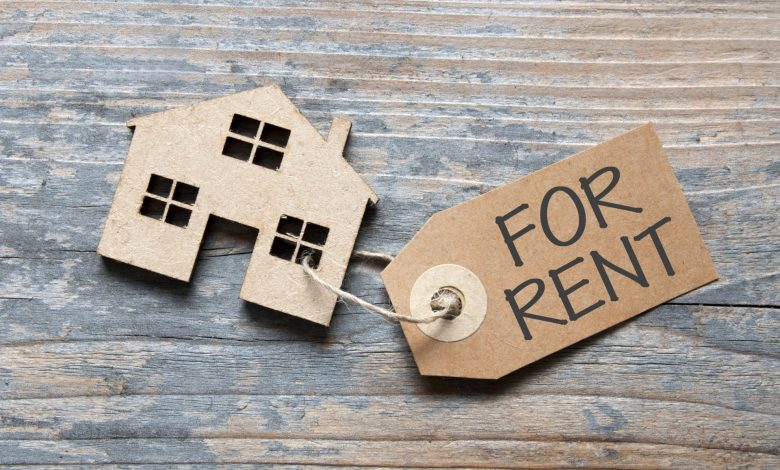
Does your retirement plan include moving in with some relatives, like children, or relocating to the suburbs or calm countryside? You may decide to keep your property and rent it out instead of selling it outright.
Creating Cashflow for Mortgage Payments
So, even if you have not completed your mortgage payment while you are away, the rent on the property can be used to pay off the remaining sum.
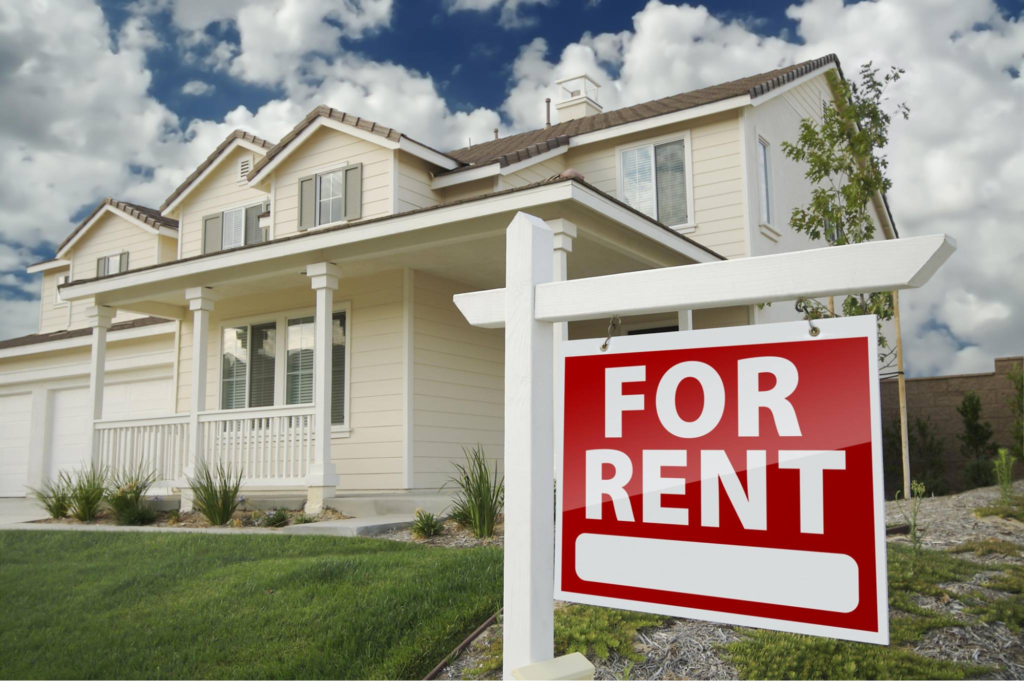
By implication, you get to pay off the mortgage without spending a dime from your savings. So far, the tenant’s rent covers future mortgage payments, so this strategy is good to go.
Rent Out While Still Occupying the Property
Besides the possibility of making a small profit after paying off the mortgage, you may not even have to move out of the house.

If that is your assault plan, you can simply rent out a portion of the property, say a backhouse or a room in the main building. A 2018 analysis by Homes.com revealed that a homeowner could make enough money for monthly mortgage payments by renting out a room.
List Your Debts According to Priorities
The third potential reason for not paying off your mortgage is “financial priorities.” To clarify, some debts are more important than others, and some circumstances may cause your mortgage payments to fall to the lower rung of the priority list.

The simple rule is to ask yourself if there are no better ways of spending your money than putting it all on a mortgage.
Mortgages May Be Far Less of a Bug
For example, depending on when you purchased or refinanced your home, you may have a mortgage loan with low-interest rates.

If that is the case, you may want to pay off debts with a higher interest rate first before paying off the mortgage. A good example of such high-interest loans is your credit card debt.
Fill the Cup First!
Another reason is if you are still building up your retirement savings. Even a few years before retirement, some senior citizens still find themselves working hard to attain a savings benchmark for a comfortable life after retirement.

If this is you, please reconsider before paying off your mortgage. Now, let us consider the pros and cons of following our advice.
Retirements Saving Can Be More Profitable Than a Mortgage Payoff
Working after clocking 65 can be very difficult. So, whatever extra cash you have at this point is better off in your IRA or 401K accounts.
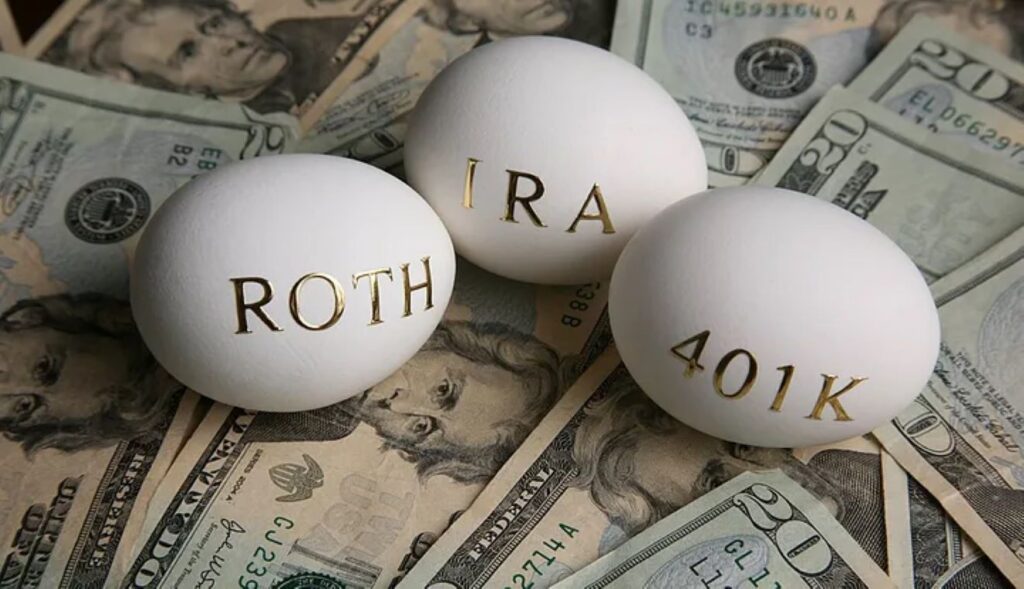
You can enjoy tax waivers on your retirement savings, so much so that you can avoid any form of tax when withdrawing your funds after retirement. Of course, all these are dependent on the type of retirement savings accounts you operate.
Emergency Fund is Oh-so-important
The fifth reason for holding off on your mortgage payoff is “financial security.” Trust us, you don’t want to pay off your mortgage and become financially stranded.

You should put away some money for emergencies, at the very least. So, if the mortgage payoff strains your purse, kindly hold on.
Invest Your Extra Cash
The sixth reason is to have more cash flow through investments. Many investors testify to the benefit of going slow on their student loans or mortgage payments to fund an investment portfolio.

If you pay off your mortgage, the only way you can transform the value of your house into cash is by taking out a loan with home equity or selling the house. Simplify the algorithm and just invest the cash at hand.
Mortgage Interest Deductions May Be the Way to Go
The last reason is: “You may intend to deduct mortgage interest.” When filling out a tax form, there is a section where homeowners are allowed to deduct the amount paid as mortgage interest.

The terms and conditions for this practice are spelt out in the Tax Cuts and Jobs Act of 2017, contained in the federal tax laws.
Look Out for the Caveat
Of course, there are limits to how much you can deduct. However, it is nonetheless of some benefit to homeowners.
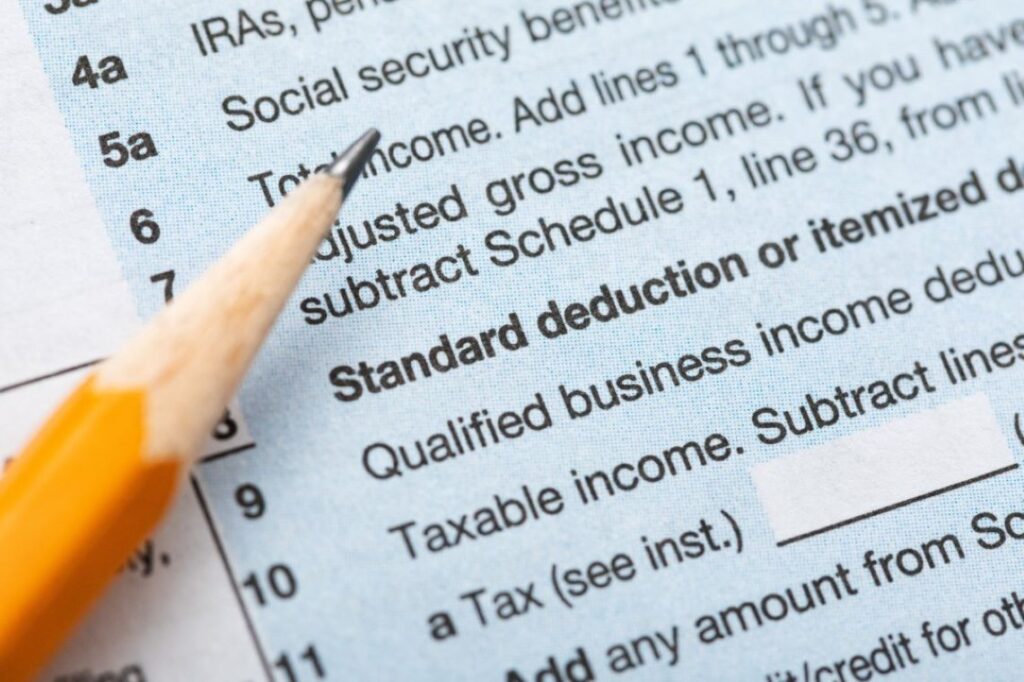
However, it is worthy of note that the new tax reform has increased the standard deductions considerably, making it higher than itemized deductions, under which mortgage interest falls.

